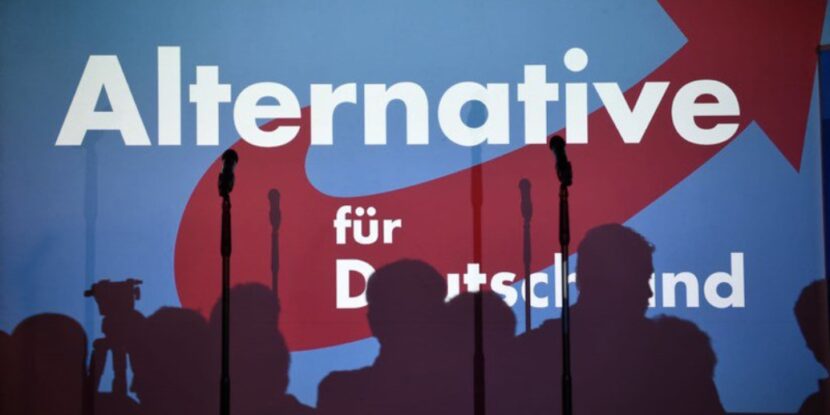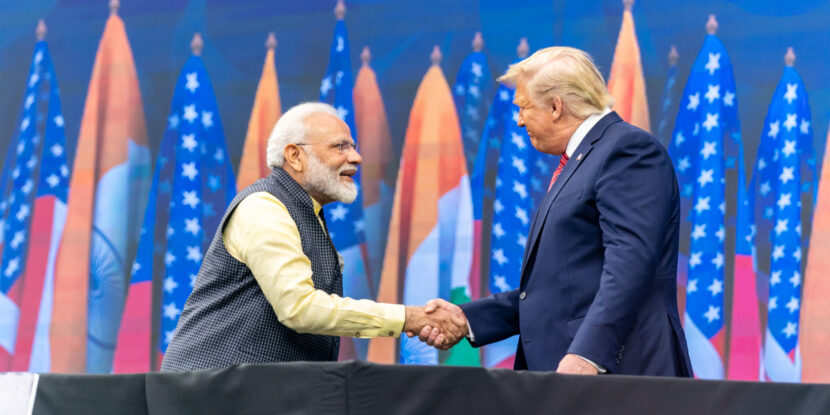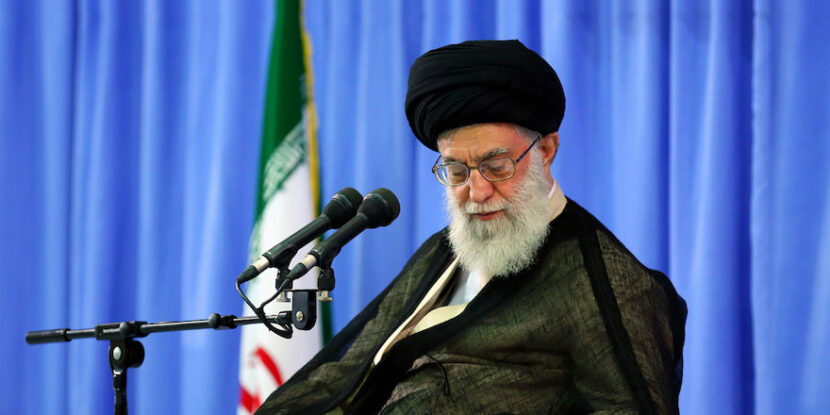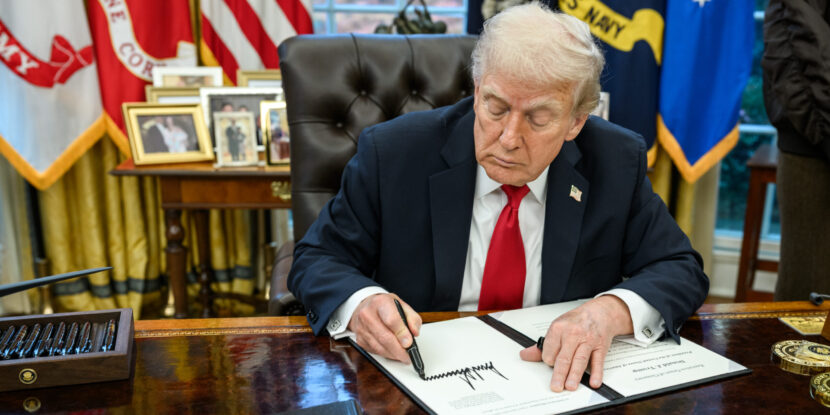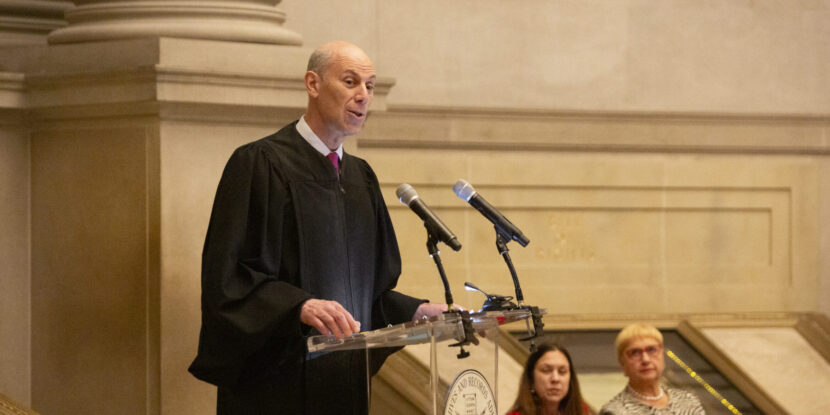Two German states, Thuringia and Saxony, will hold elections on Sunday, September 1, as the populist Alternative for Germany (AfD) looks to clearly win the former and come close to winning the latter.
Despite polls indicating a large election win for the AfD in Thuringia, it is highly unlikely the party will secure enough of the vote to win a majority, and as many parties, including the center-right Christian Democratic Union (CDU), refuse to work with them, they’re unlikely to govern.
The last polls before the election, released on Friday, August 30, put the AfD at 29 percent, followed by the CDU at 23 percent.
A new left-populist party, the Sahra Wagenknecht Alliance (BSW), which espouses many of the same anti-mas migration and socially conservative views as the AfD but with leftist economic policies, is expected to surge to 18 percent.
If the allegedly conservative CDU refuses to work with the AfD, it would be forced into a coalition with the Social Democrats (SPD) and the BSW to govern. Election results may differ, however, as nearly a third of voters say they do not know how they will vote on election day.
In Saxony, the CDU is leading the AfD but barely, as the party polled 33 percent of the AfD’s 30 percent.
A CDU coalition with the SPD and the Greens, which polled only 6 percent each, could be possible as the CDU in Saxony has totally ruled out any cooperation with the AfD.
COALITION COLLAPSE.
Polling for the SPD, the Greens, and the Free Democrats, who make up the ruling federal government coalition, is abysmal in the two regions. This reflects the national sentiment toward the federal government, which has seen record-low approval ratings.
Following the mass stabbing that led to three people being killed at a festival in Solingen earlier this month and the arrest of a failed Syrian asylum seeker allied to the Islamic State terror group, the federal government promised to do more to deport migrant criminals.
However, a tougher stance on migration, which is seen as a major source of votes for populist parties in Germany and elsewhere, has yet to garner support from the AfD.
SHUT OUT.
The elections also reflect a growing trend of populist parties winning elections but being unable to govern as the establishment unites to prevent them from gaining any establishment power at all.
This was the case in France, where Marine Le Pen’s National Rally (RN) won the largest number of steps of any single party but was blocked from holding any key positions within the parliament despite receiving millions of French votes.
